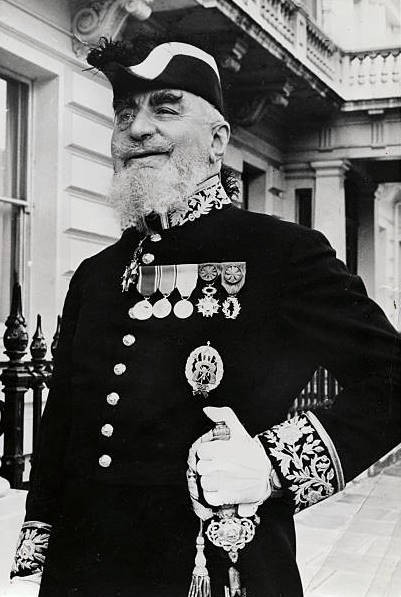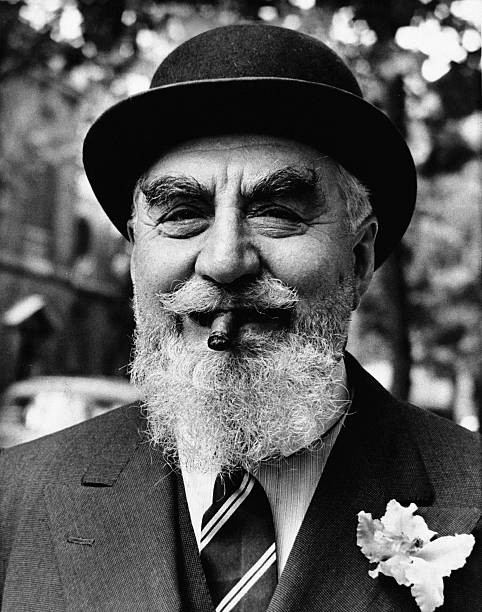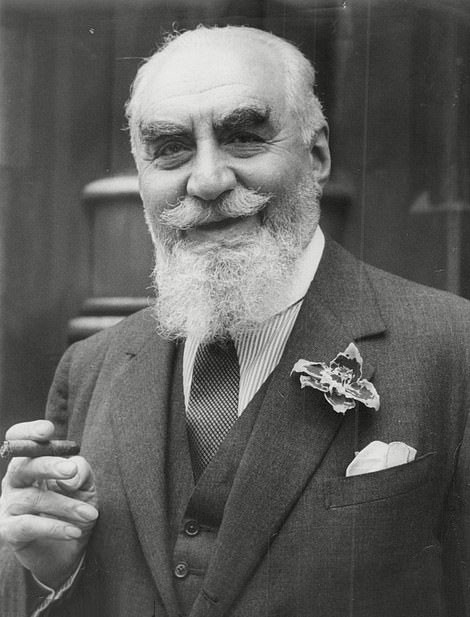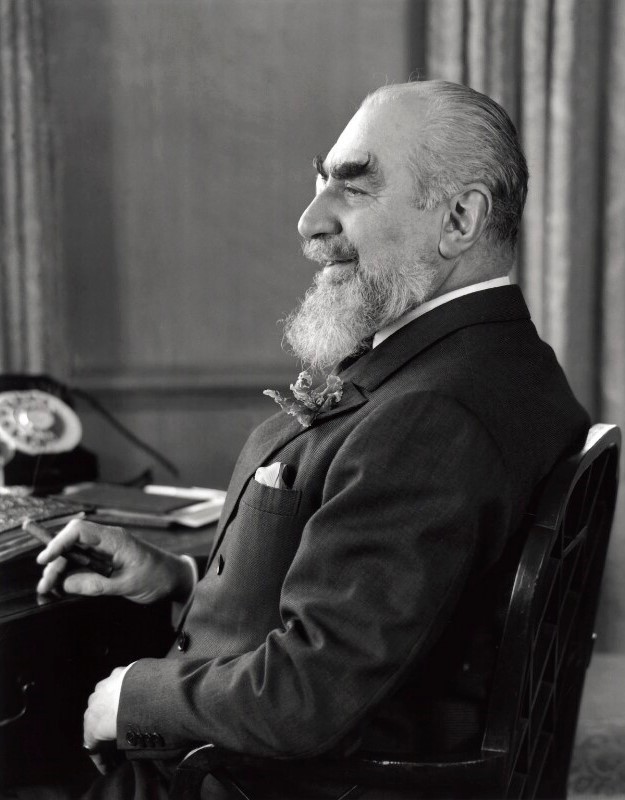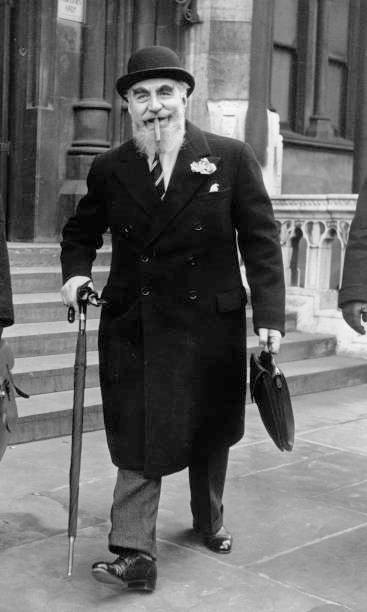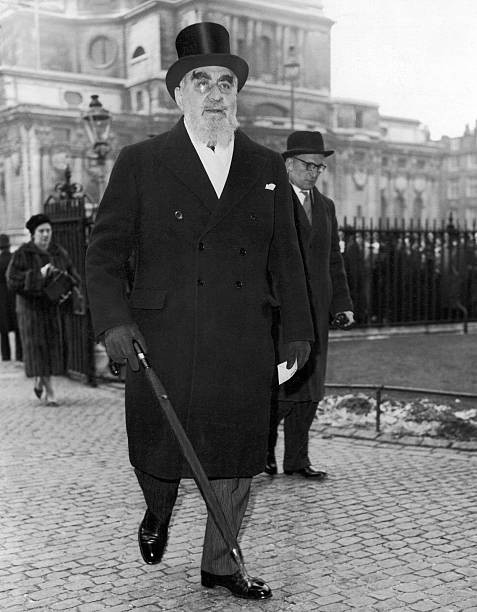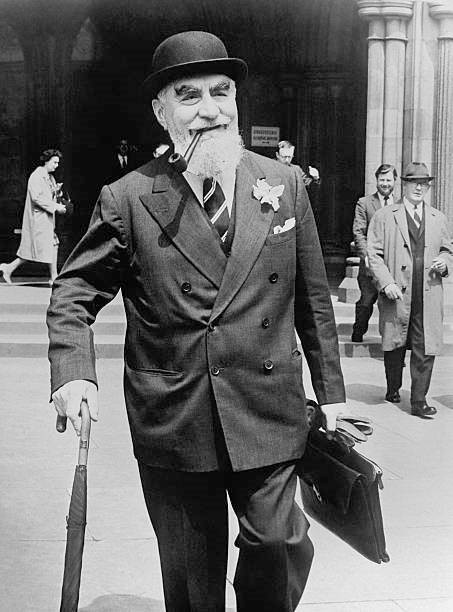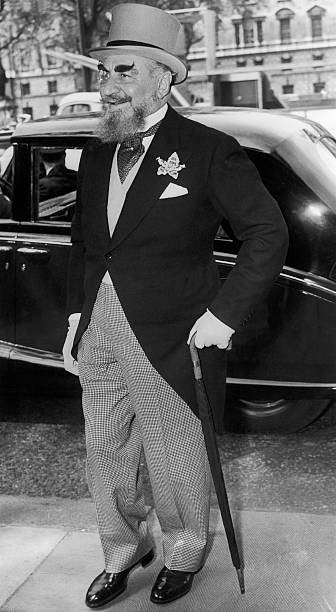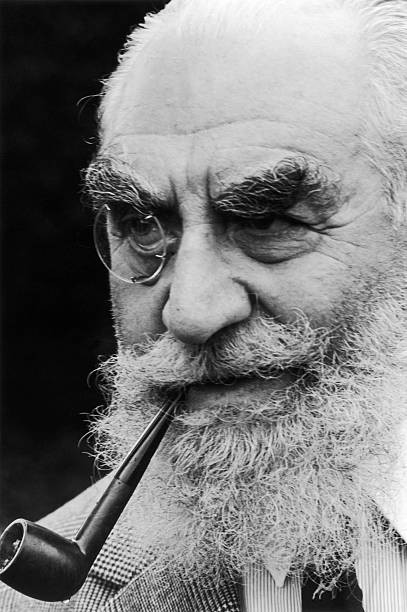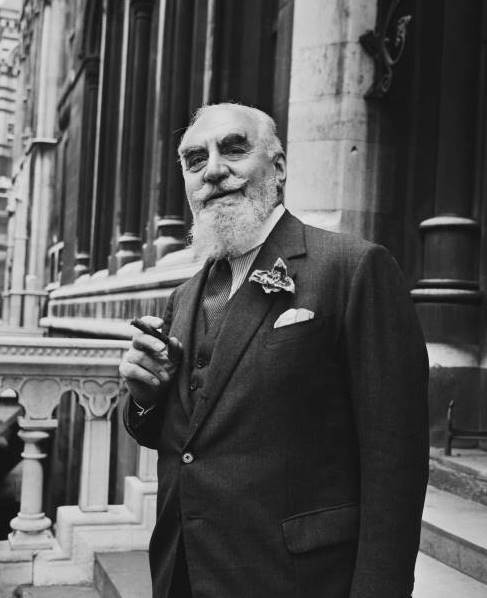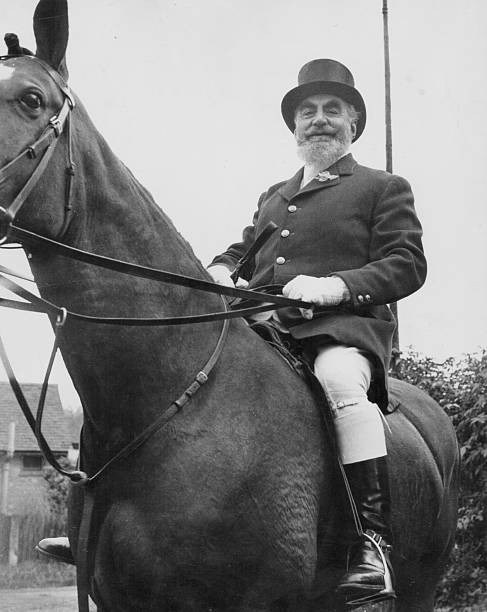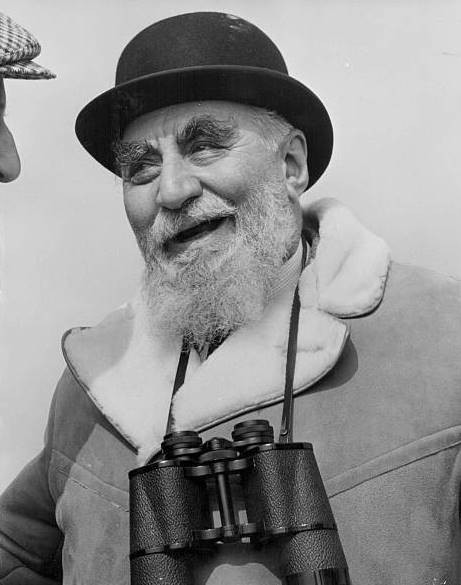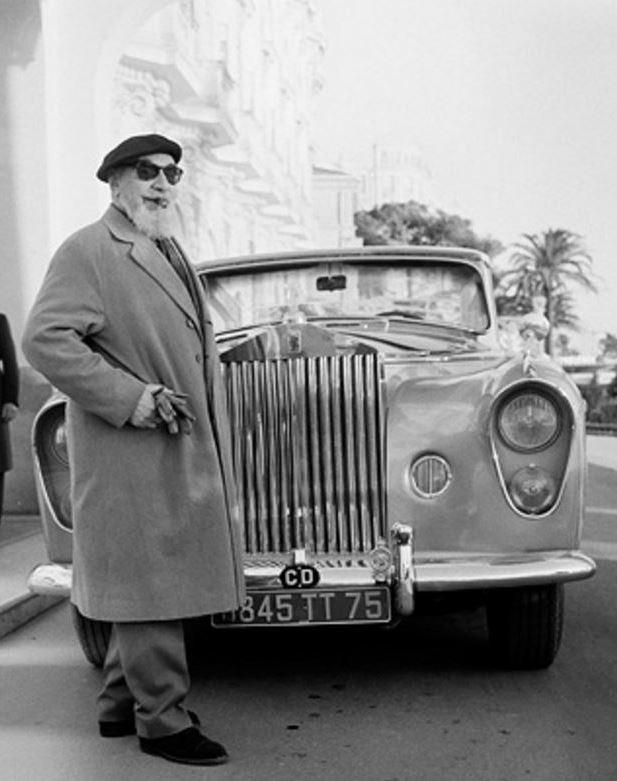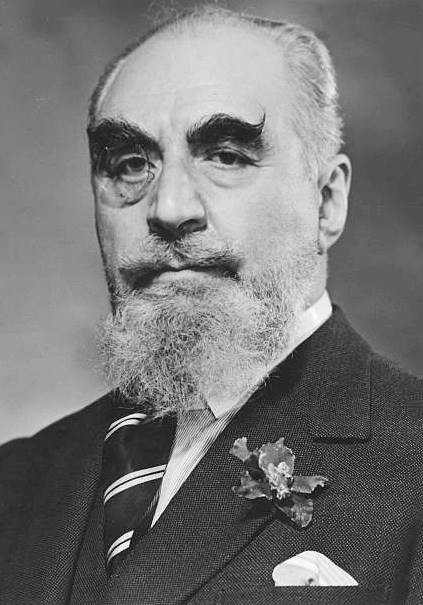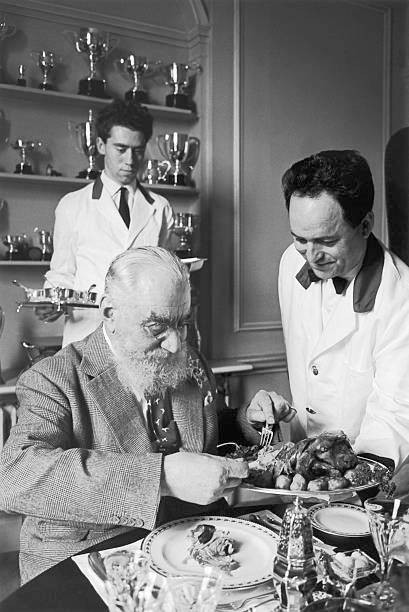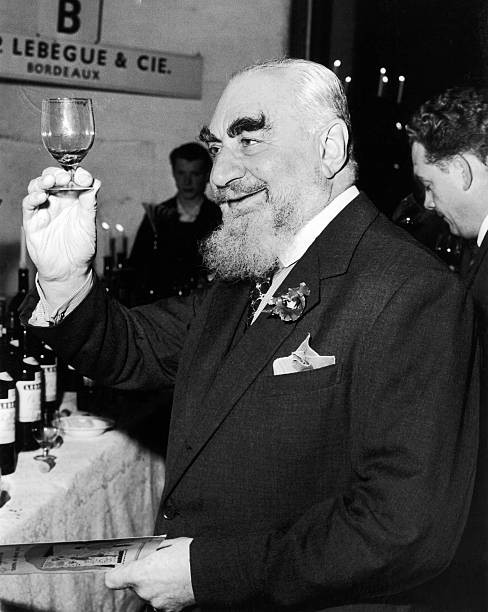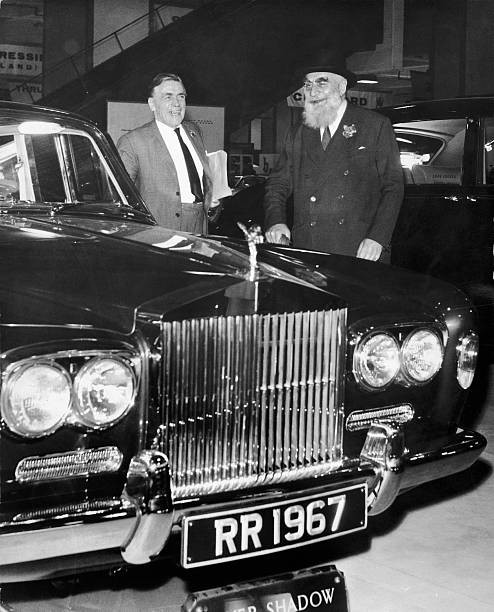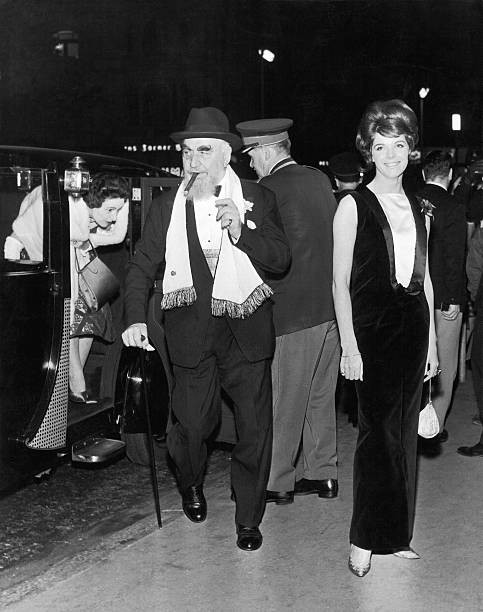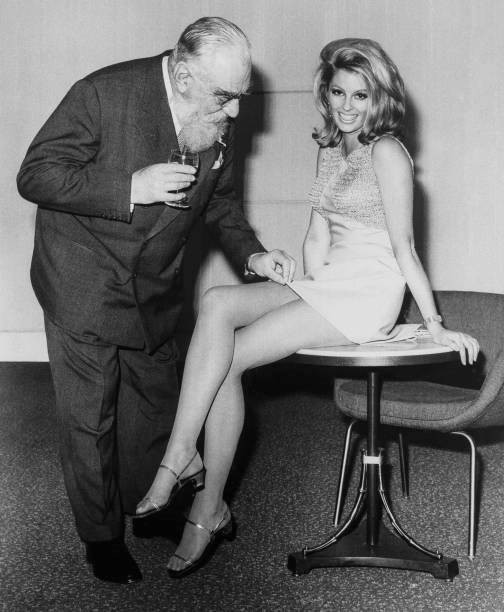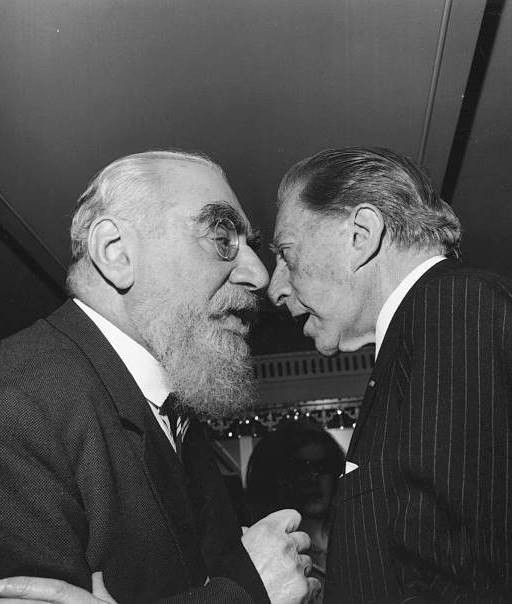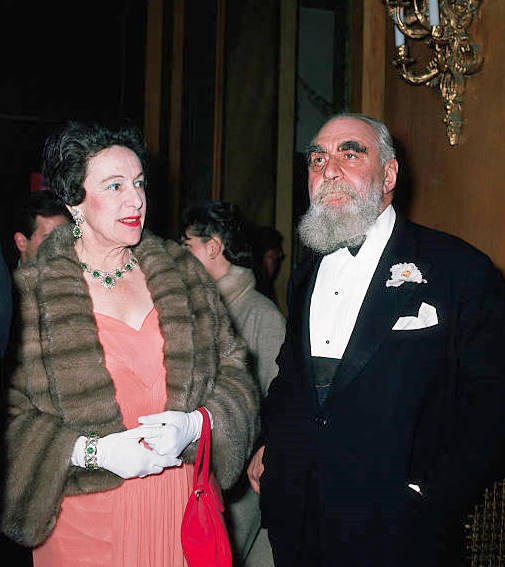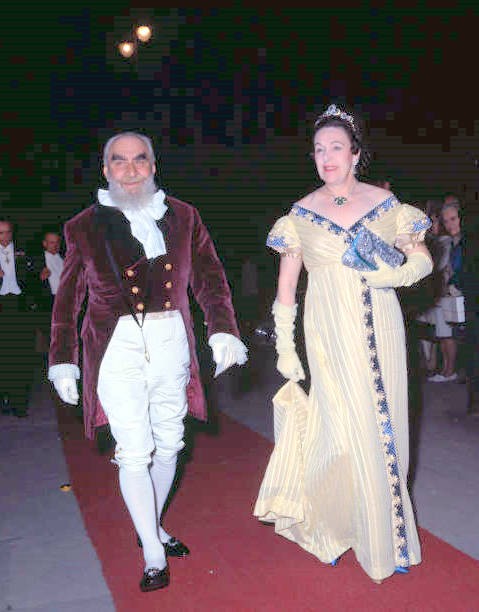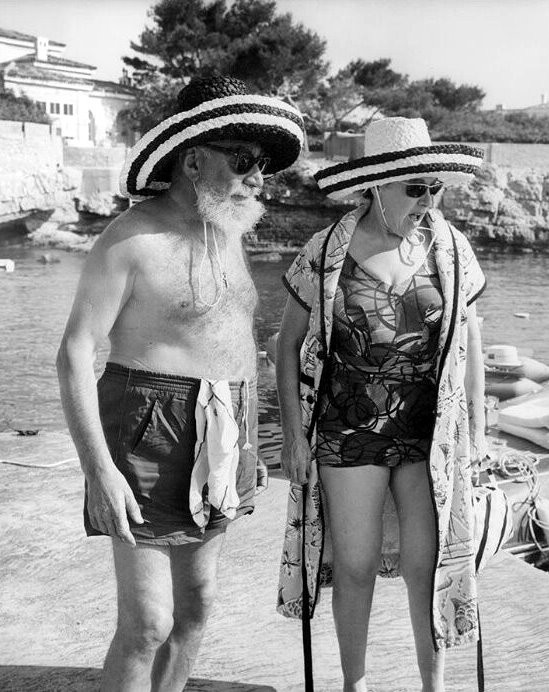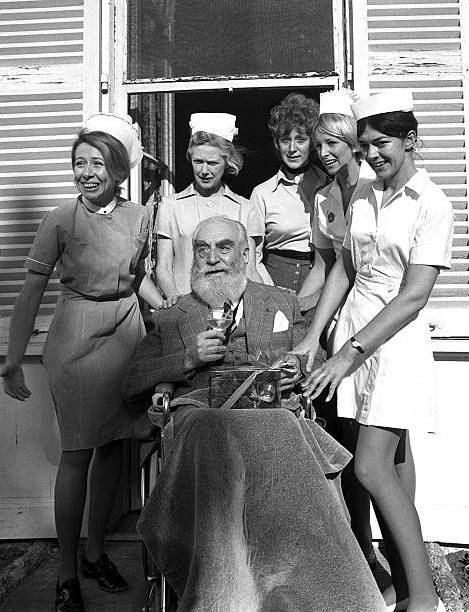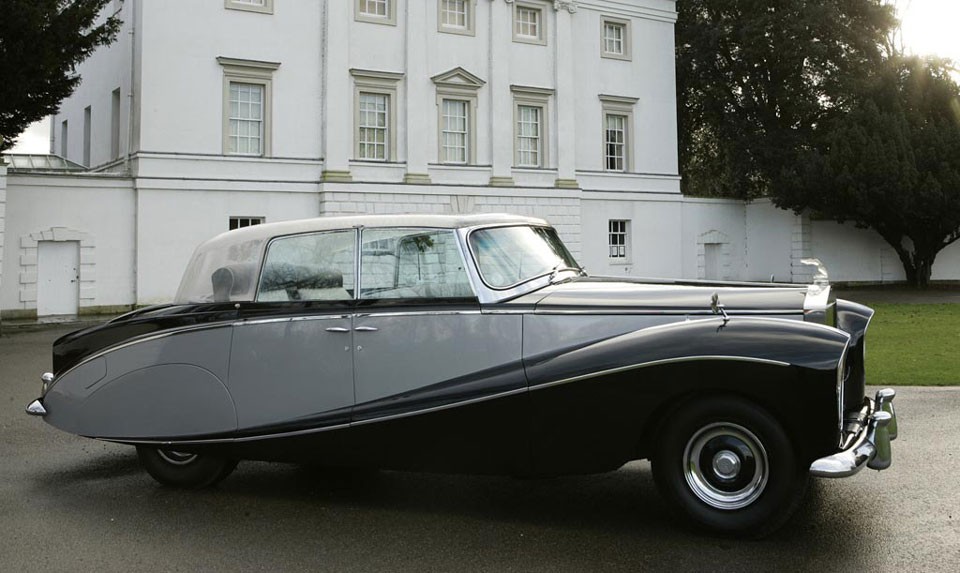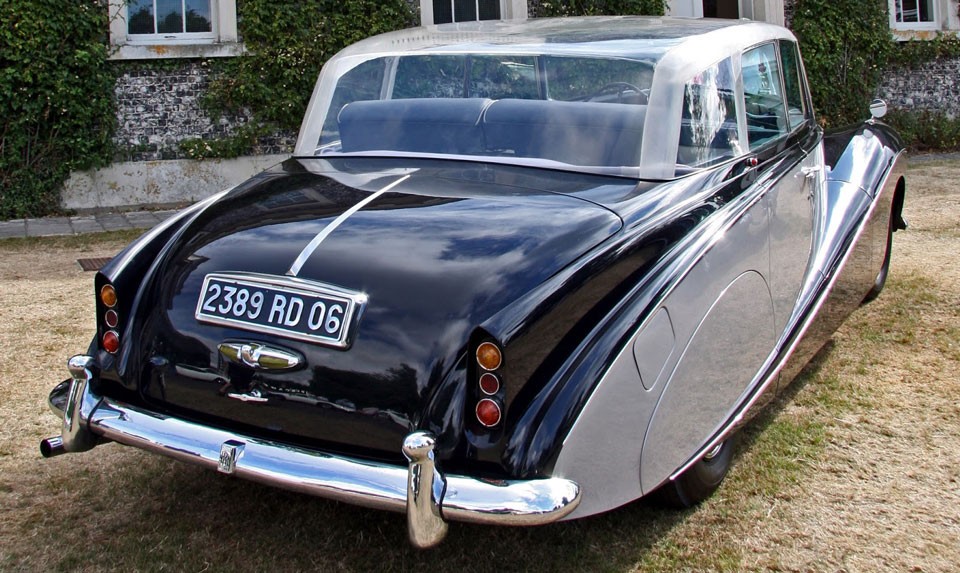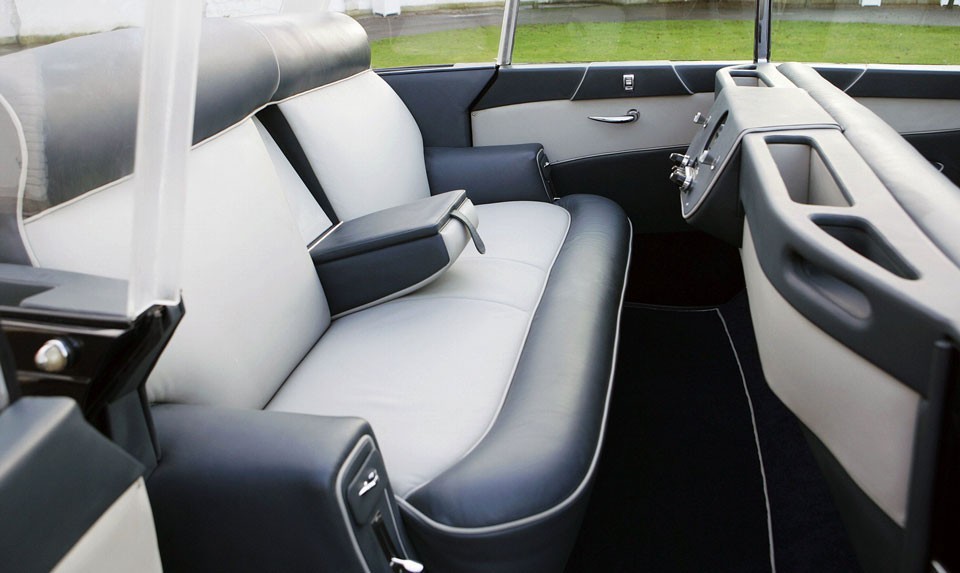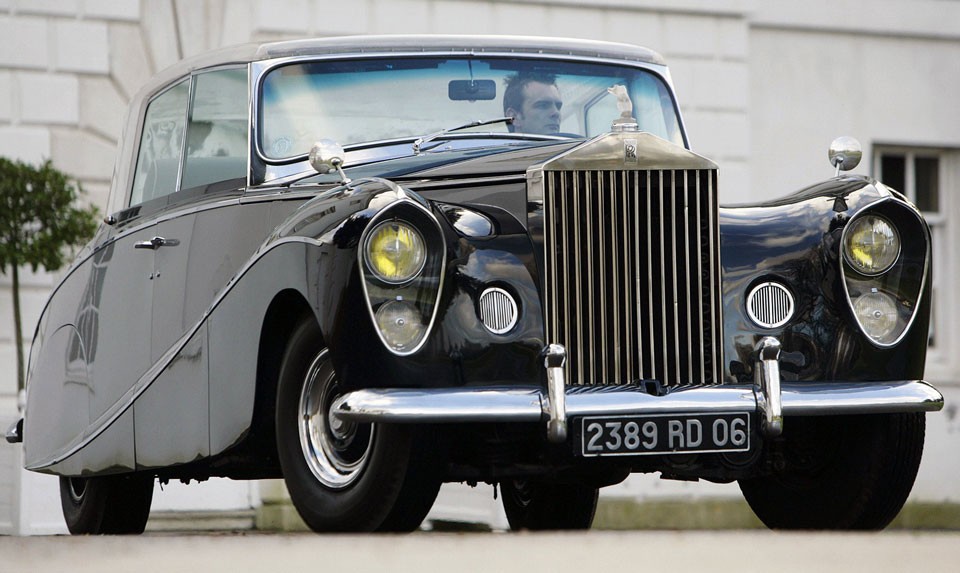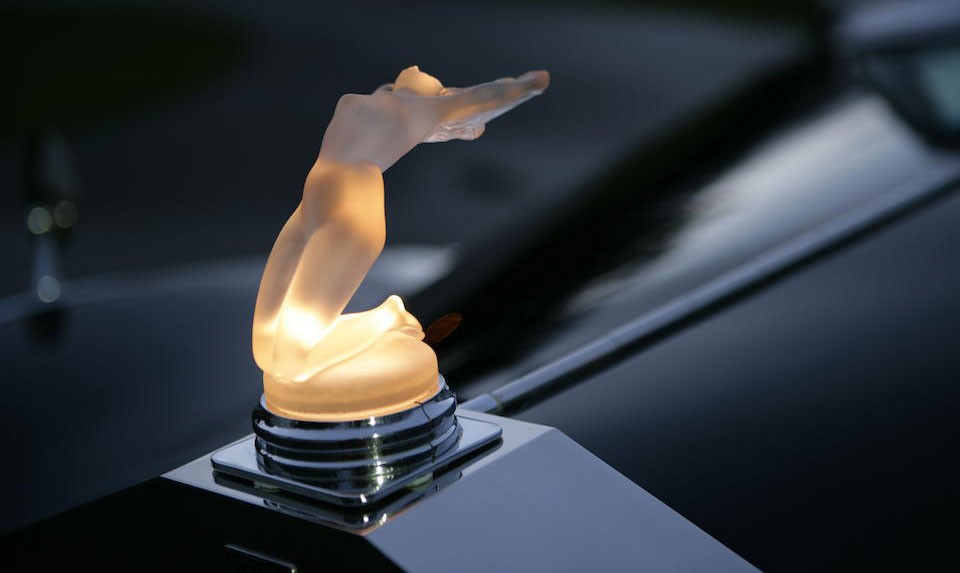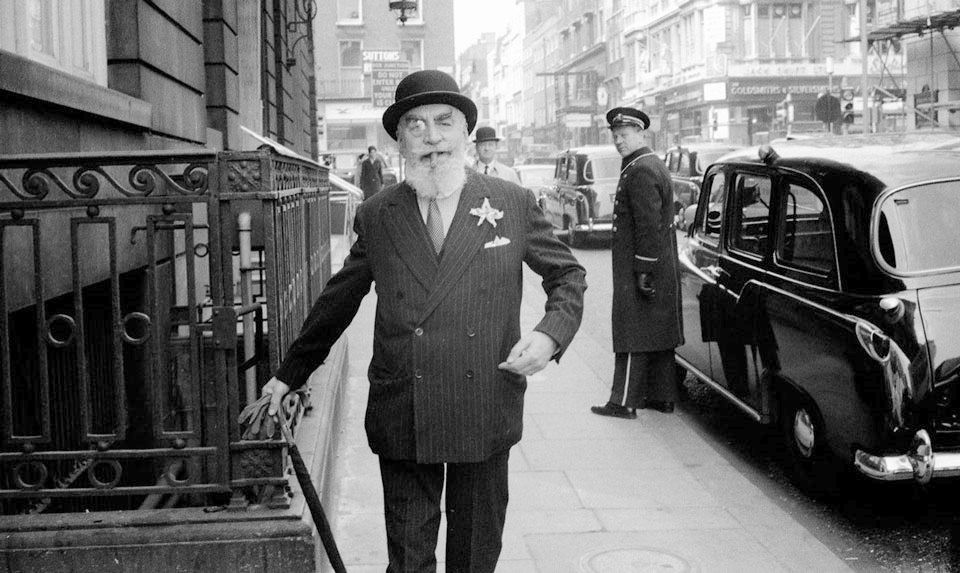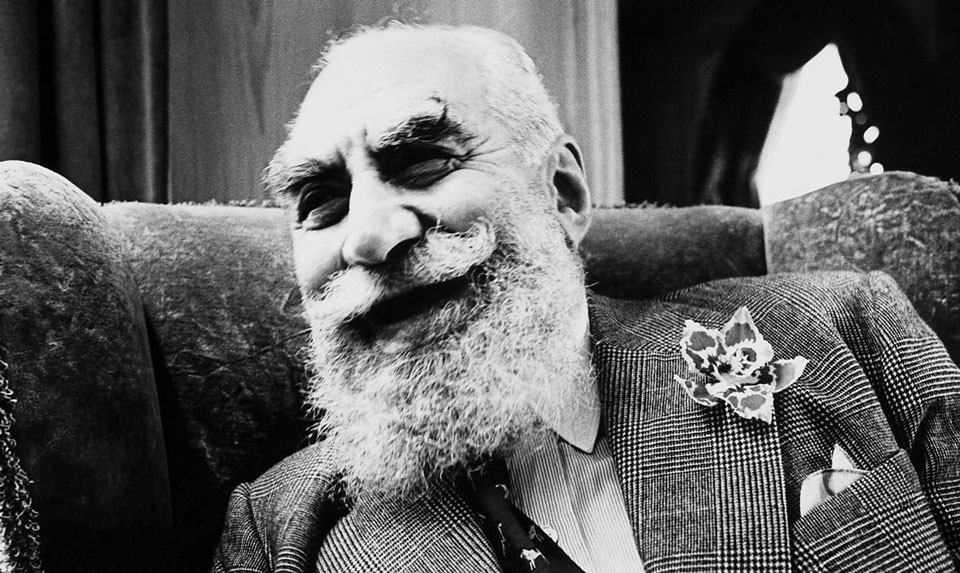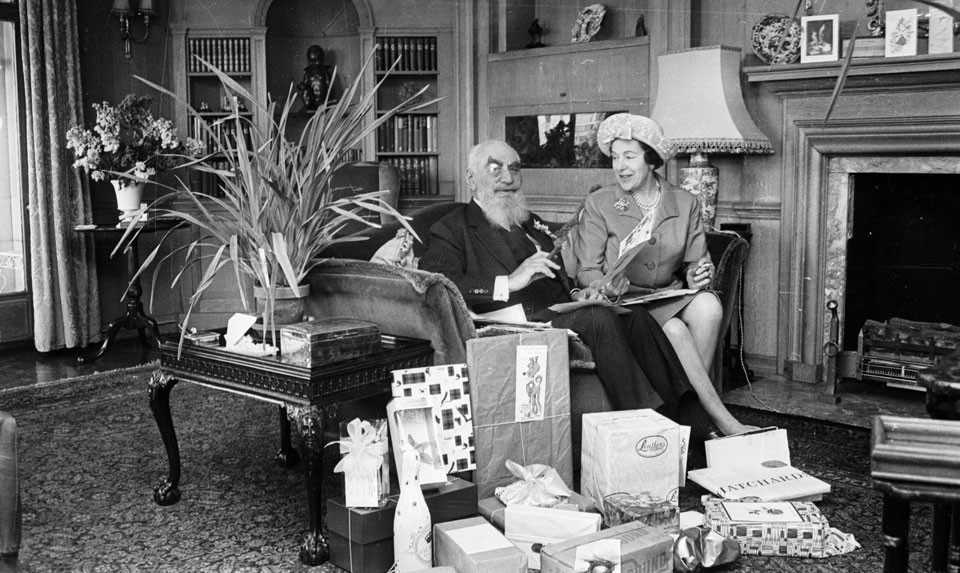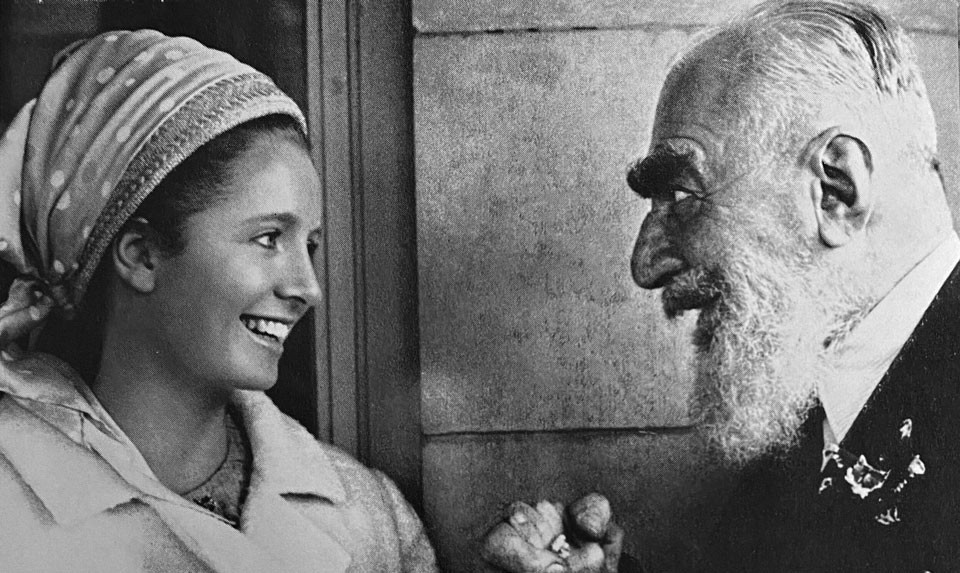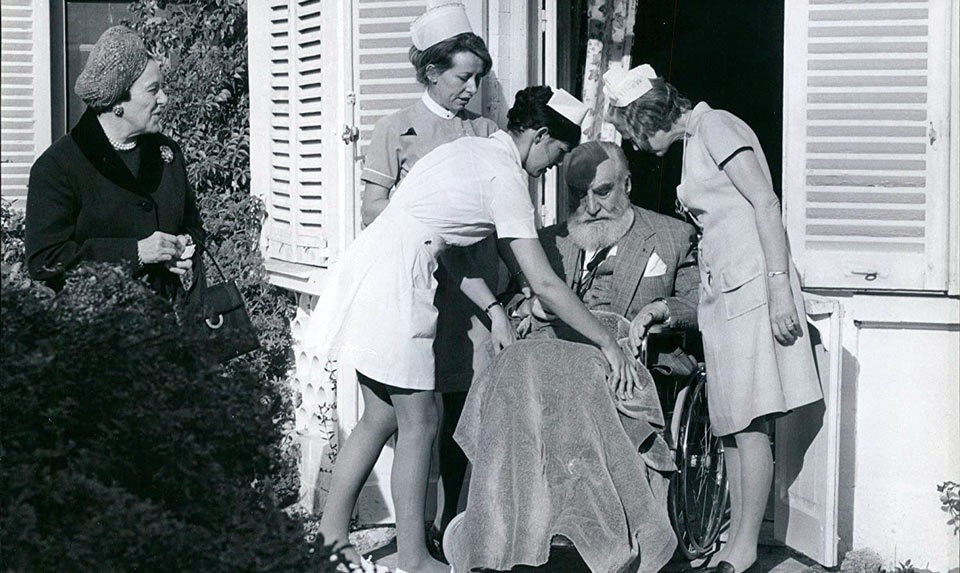Nubar Gulbenkian (1896-1972) - A Diplomat, Oil Tycoon And British Spy
Nubar Sarkis Gulbenkian was an Armenian-British oil tycoon, the son of the famous oil tycoon Calouste Gulbenkian, and who was known as one of the most eccentric people of the last century.
The extravagant appearance of Nubar Gulbenkian, who walked with a long beard, with a monocle, a cigar in his mouth and with his peculiar “visiting card” - an orchid flower, flaunted on the lapel of a jacket, frock coat or coat (every morning a fresh flower was attached to clothes), made him recognizable not only in London, but wherever he appeared.
A diplomat, businessman, industrialist and spy, he, like his father, collected art. Nubar was also known as a gourmet, well versed in horses, adored luxury cars and beautiful women.
Nubar was born in 1896 in Kadikoy, in the Ottoman Empire. At an early age, the father secretly, in a small suitcase, transported the boy to London, as the massacre of the Armenian population was already taking place in the Ottoman Empire.
Taken by his father to England, he received a fine education at Harrow School, Trinity College, the Cambridge University and Germany. As a result of his education, Gulbenkian considered himself British and strove to conform to the model of an English gentleman, and throughout his life he did everything based on the interests of the United Kingdom.
Living in France and working for the British intelligence agency MI9 during the World War II, Gulbenkian laid the foundation for the underground network called the "Pat O'Leary Line" that ferried downed British and Allied airmen over occupied Europe across the Pyrenees to neutral Spain, from where they could be repatriated to the United Kingdom.
Since Nubar Gulbenkian had an Iranian citizenship, he was attached to the Iranian embassy in London and held a very honorary title there. This helped him greatly during the war, as his neutral passport allowed him to travel between France and Spain without much difficulty and thus gain access to British intelligence in Gibraltar.
As for Nubar's career, he started it as an unpaid employee in the company of his father, the famous Armenian millionaire Calouste Gulbenkian. In 1939, Nubar filed a $10 million lawsuit against his father because his company refused to pay him a £2,5 pound dinner of chicken fillet in tarragon jelly. Later, when the trial ended, this incident went down in history as “the most expensive chicken,” since Gulbenkian Sr. spent no less than $84,000 on defense. It was a huge sum for those times.
Ultimately, this incident contributed to Calouste Gulbenkian's decision to leave $420 million of his fortune to the “Calouste Gulbenkian Foundation” in Portugal. At the same time, Cauluste believed that his son was leading a playboy life and doubted whether it was worth leaving him such a large fortune.
Although Nubar ultimately inherited $2.5 million from his father, plus more in a settlement from the “Calouste Gulbenkian Foundation”, Nubar Gulbenkian became a multimillionaire through his own oil deals. He was originally a protégé of Henri Deterding at “Royal Dutch Shell”, but later earned an independent fortune that allowed him to lead a very extravagant lifestyle.
His character was described by an associate who claimed that “Nubar is so tough that every day he tires three stockbrokers, three horses and three women.” Once Nubar was asked what he likes more, life in the city or the countryside, a horse or a Rolls Royce, an old cognac or a young girl, he replied - “I prefer absolutely everything”. A well-known gourmet, he also said that “the best amount for a dinner party is two - me and the damn good waiter”.
Gulbenkian had a passion for expensive cars. He was a fan of big and fast cars, mostly in the pre-war years, and after the war his new passion was the executive Rolls Royce. By order of Nubar Gulbenkian, the “Hooper & Co” produced several extravagant Rolls Royce cars. The first of these, made in 1947, was nicknamed the “furniture van” because it looked like a hybrid of a Rolls and a German tank.
His next order was a convertible with four doors, the steering panel of which was made of gray-greenish lizard skin. But the most popular among Nubar Gulbenkian's cars was the Rolls Royce “Silver Wraith”. This unique car, with a transparent plexiglass top, leather-covered and wood-panelled interior, was intended for use by Gulbenkian on the Cote d'Azur in South France. The speedometer was installed in the rear of the cabin, and later air conditioning power windows and a TV were added to the car's trim - an incredible phenomenon for that time.
Almost all of Nubar's cars were subsequently used in the filming of various films. Now they are part of the private collections of the vintage cars.
Nubar was known not only for his love for luxury cars and horses, but also for delicious food and expensive alcoholic drinks, and of course - women. He always dined at the best restaurants in London, the chefs prepared the most exclusive dishes especially for him. Gulbenkian often liked to invite belly dancers from Turkey to his London parties.
Nubar Gulbenkian was married three times: in 1922 he married the Galician socialite Erminia Elena Josefa Rodriguez-Borrell Feijoo. In 1928 he married Dora Freeland in London. He courted Marie Bertha Edmé de Ayala, daughter of French champagne magnate Louis d'Ayala, for 14 years before they married in 1948. Nubar Gulbenkyan had no children.
Nubar Gulbenkian died at the age of 76, on January 10, 1972 at the English Hospital in Cannes, France, where he lived nearby at his luxurious Domaine des Colles estate in Valbonne.
